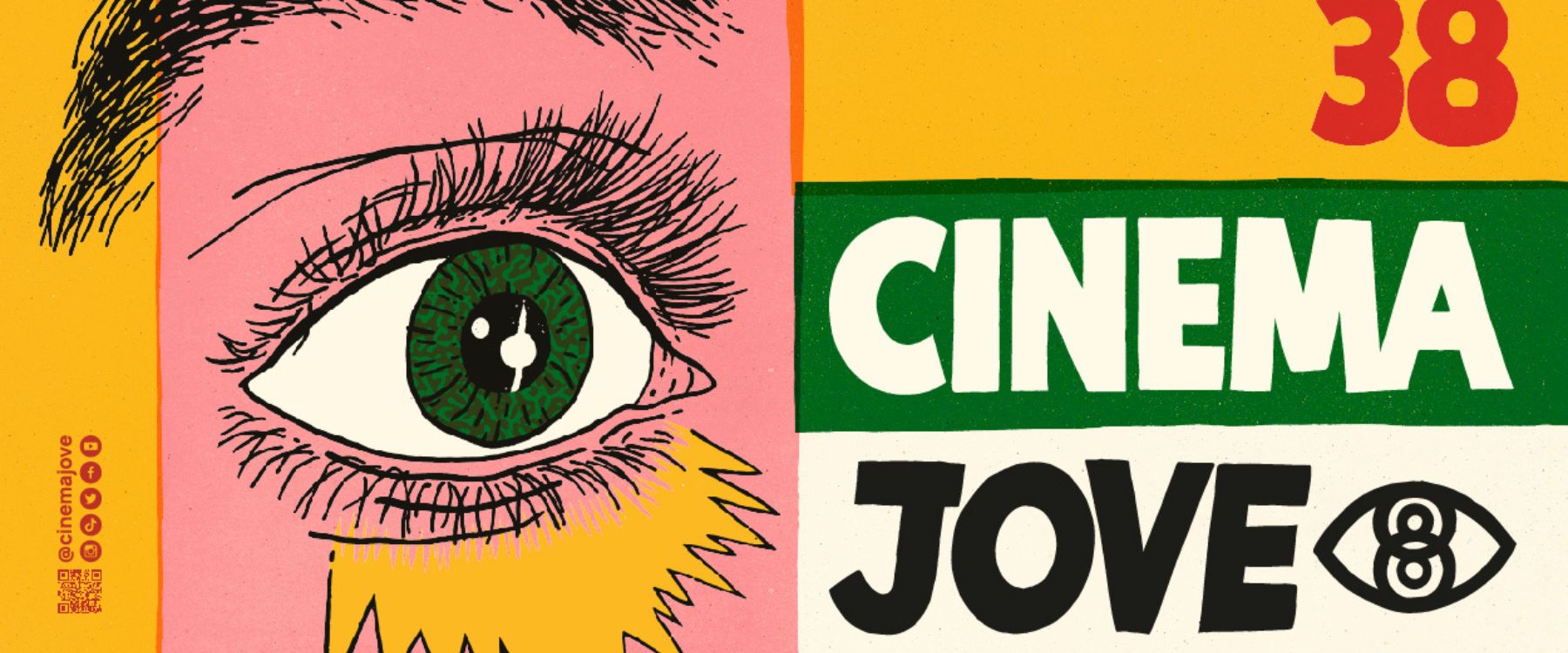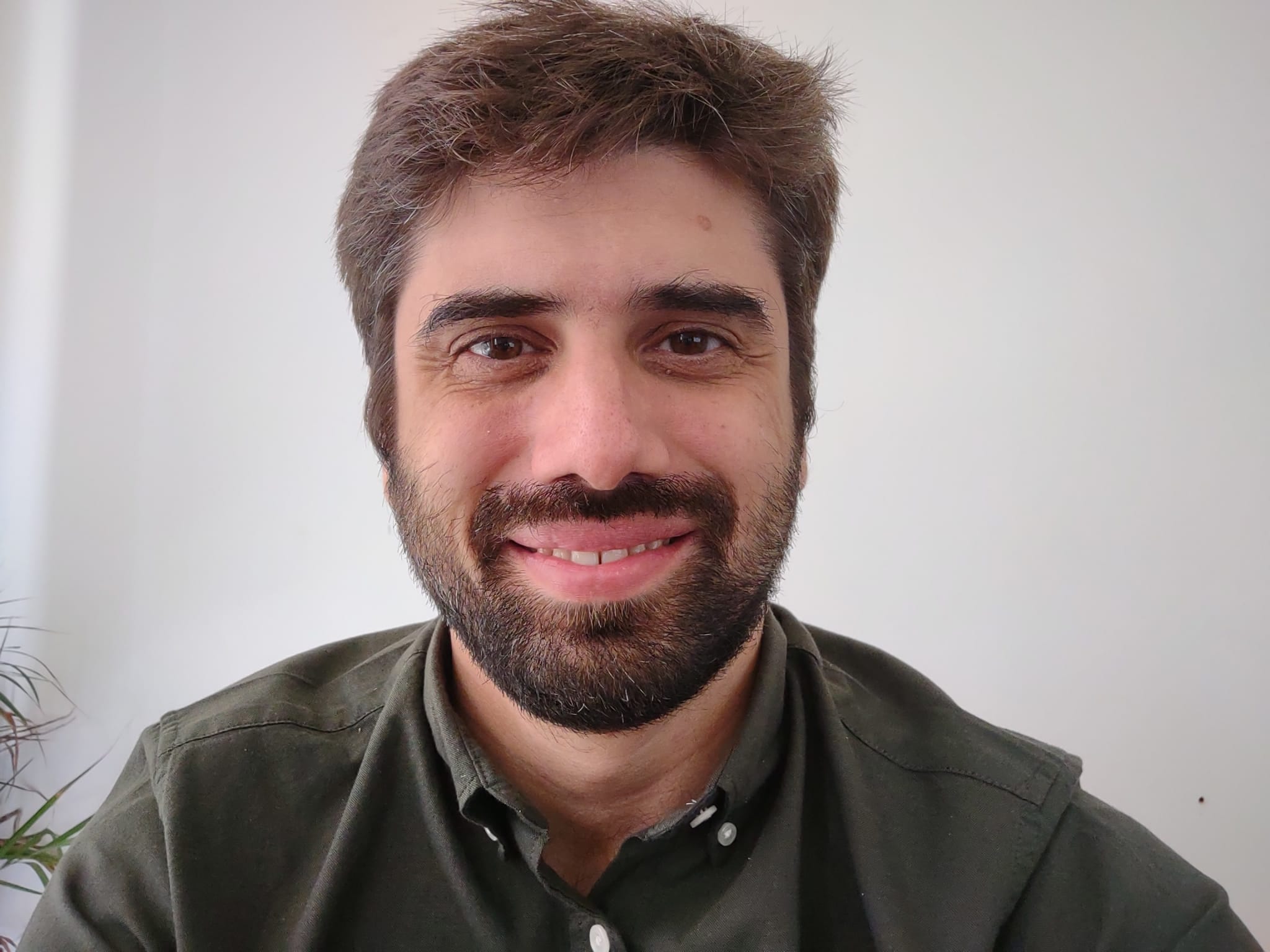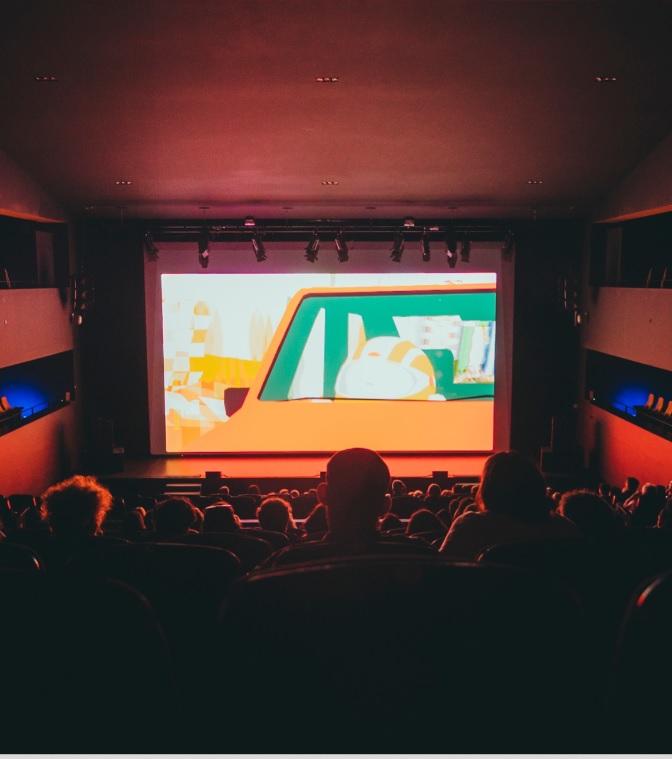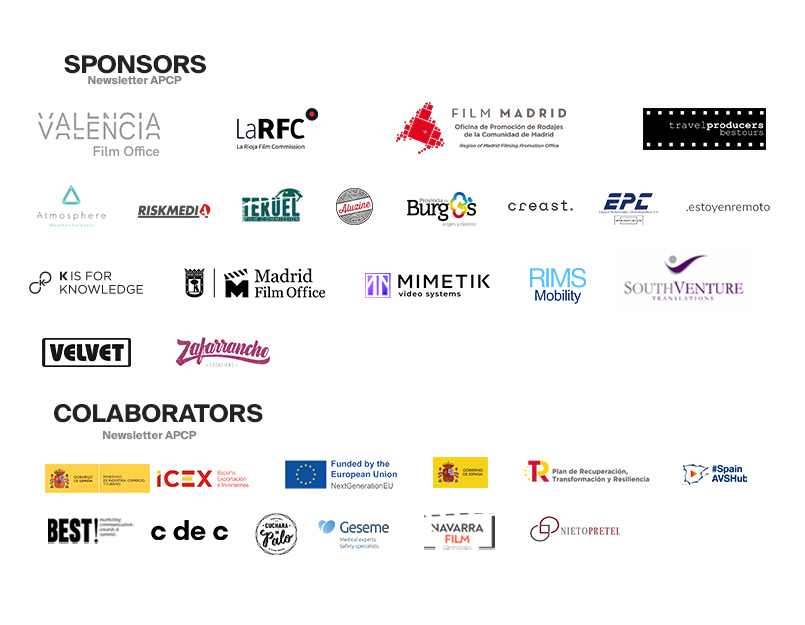
This week we talk to Carlos Madrid, director of Cinema Jove and collaborator of the APCP Advertising Film Production Conference, to find out more about the importance of film in today’s world and how he came to work in this industry.
1.Carlos, where does your passion for film come from? How did you get started in this world?
My parents used to take me to festivals like Cinema Jove or the Mostra when I was a teenager, and when I could choose which film I watched at the cinema, I had already seen a couple of films at the Albatros cinemas (Land and Freedom, by Ken Loach and Don’t Die Without Telling Me Where You’re Going, by Eliseo Subiela) and I wanted to meet some more authors offered by this cinema, the only one in original version in Valencia at the time. Later, the arrival of the Mostra or Cinema Jove meant an obligatory stop at the ABC Martí cinemas, the Bancaja cinema or the Lys for several days during which I saw countless films, met authors and also made friends.
2. What does cinema mean to you, how would you define it?
It is the most complete art that exists, the one that combines photography, theatre, music… and at the same time the one that can captivate us the most, deceive us and at the same time move us, make us think or simply make us have a good time.

Carlos Madrid
3. Do you think there is something in common in all those whose job it is to tell stories?
Generosity in sharing their work with the public and wanting to offer them everything they have inside. And also a courage, a great daring; it’s not easy to be in front of a large audience or critics who might back down on your work and show your face with a job that takes a long time and involves dozens or hundreds of people.
4. You have been in charge of Cinema Jove – Valencia International Film Festival – for several years now. Tell us about the aim of this Festival. What prizes/recognition do the winners of the different categories receive?
The aim is to showcase the best international cinema directed by young people.
The awards (which are called Luna de Valencia for the best in each category), are for feature films, experimental feature films, short films, series and short films made by students (under the name of Encuentro Audiovisual de Jóvenes). Most of them are financially rewarded: the best feature film receives 39,000 euros between the money received by the distribution company in Spain and the production company. The best short film receives 9,000 euros. Then there are non-financial prizes or mentions for categories such as photography, screenplay, direction, etc.

5. Carlos, how did you manage to be part of Cinema Jove? Tell us about your experience in this festival.
It’s not that I got to be part of it; at the end of 2016, the then councillor Vicent Marzà called me and told me that they were interviewing people they were considering for the position. He asked me for a project of what I thought the festival should be from now on. A week later I was interviewed by him, the Director General of Culture, Carmen Amoraga, the director of the IVC, Abel Guarinós, and the then Regional Secretary, Albert Girona. Shortly afterwards I was informed that I had been chosen as director of the Festival. After that, I have been renewed a couple of times through open competition.
6. A few days ago, the 38th edition of Cinema Jove came to an end. How did it go? What was the most striking aspect of this year’s edition?
I think it has been the best edition in the history of the festival. The official sessions, including the morning screenings, were packed to the rafters. Many groups of young film buffs and filmmakers have converged in the sessions of all possible sections. Mini-events have been created around the festival that were not created on other occasions, and the atmosphere and motivation, both in the team and in the filmmakers or the young jury, were higher than ever.
7. Edition after edition you create different very striking posters to publicise the festival. What is the essence of the poster for this 38th edition?
As our art director Ada Diez said, quoting Paco Bascuñán, “a poster should be a shout on the wall”. I think this year it was more than ever that cry. It stood out above any surrounding graphics, although it used the well-known brand that is Cinema Jove. The Ink Bad Studio technique, the accurate strokes, the reminiscence of comics, pulp, underground and new typography, as well as the layout and the weight and colour compensation provided by Ada, give it a unique character that could not have attracted more attention.
8. Are the audiovisual works that have participated in this and previous editions available to the public?
Blue Again, winner of this year’s edition and which will be distributed in Spain next year, will be available soon.
Lost Boys will also soon be available on Filmin, as well as other shorts from the Official Selection, which will also be available at other festivals.
9. Festivals are renewed year after year. What do you hope for the next editions?
It remains to be seen, I would like to have a soundtrack concert again, as we had last year with Olivier Arson, but it also remains to be seen how we expand the use of the stand, which has served us as a meeting place and should be used for many more things.
10.This festival aims to be a forum for young international filmmakers to meet. In fact, there are even children’s categories. It is essential to encourage the new generations to make art and, in short, to make films, isn’t it?
And so much so; in fact, the Cinema Jove programme is nourished by new voices and new looks. To discover new values to the public, and that will continue to be part of its essence.
11. Do you think that nowadays being part of the audiovisual world is complicated?
It’s not complicated to be part of it, but to make a living from it, to keep going and to continue without fear, taking steps without knowing if something will sustain you in the next year or two. That’s why it’s essential that there are festivals that give visibility and show both the public and the industry that there are new people who are good enough to be there.
12. What would you say to young people who want to dedicate their lives to storytelling (advice, what they should bear in mind…)?
That they go to the cinema and to festivals, that they know what the industry around them is like (Spanish and international) and that they see in which part of the industry they fit best, so that they don’t take blind steps and don’t think that their film will fit into any category or that everyone will like it as soon as they start.
It is important to know how to situate yourself in order to build from a specific place and with the greatest possible security and certainty.
Interview by Sara Crespo.



